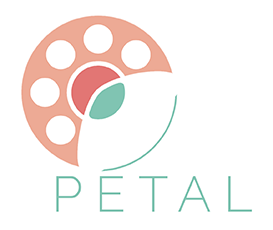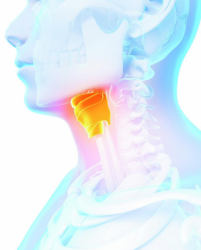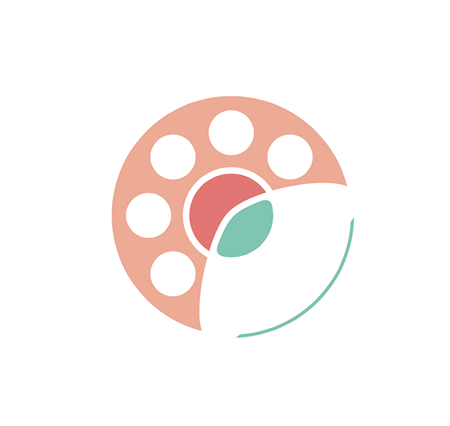

LARYNGECTOMY.NET
Third stage of phase I: Definition of methods
Traditionally, and as defined in the HAS guidelines, therapeutic education is carried out during educational sessions, called workshops. Each workshop must have an educational worksheet indicating two to three operative objectives, and explicitly listing the educational methods and supports that enable reaching these objectives. Each workshop may be individual or collective. Therefore, the work group defined the educational programme, based around the hospitalisation.
Prior to hospitalisation, the diagnosis announcement procedure has been integrated in the PETAL programme, even though the actual therapeutic education has not commenced. The experience of surgeons and members of the work group has shown that at this stage, the patient is still under the shock of the announcement of the disease and of the treatment, and is not ready to understand or integrate new concepts.
However, these diagnosis announcement procedure is still an important moment in the programme. In fact, it is at that moment that PETAL is presented and explained to the patient, in order to collect his/her consent. The end of the consultation will be marked a therapeutic education high point: the educational diagnosis. This diagnosis consists in determining as best as possible the needs and expectations of the patient and his/her caregiver, in order to then propose a personalised programme to them.
Therefore, the first workshops start in the post-operative period, once the acute 48 to 72h have passed. Once the patient is well awake, capable of understanding and interacting, the more technical workshops are offered to the patient: emergency procedures, tracheostomy care, oral or enteral feeding and communication. These workshops are offered during dedicated time slots, by department nurses, nutritionists and speech pathologists trained in therapeutic education. Each workshop may be repeated, to verify it has been clearly understood by the patient.
Concerning the post-hospitalisation period, in view of the reasonable number of laryngectomised patients, the multi-disciplinary group has decided to organise group sessions with free speaking time, open to patients and caregivers. During these sessions, the educational worksheets and the objectives will be developed by one or two coordinators, as a function of the desires of the patients present, and of the topics arising during the group discussion.
Furthermore, the PETAL programme has the ambition to also improve the quality of life of laryngectomised patients via the training of the professionals who support them. In order to achieve this, the multi-disciplinary team chose an original and universal support, i.e. the creation of a website dedicated to the programme. The website will have two main objectives:
– Serve as a document base for general practitioners, speech pathologists, nurses, nutritionists and social assistants, providing them with the knowledge required for the optimal management of laryngectomised patients
– Grouping educational worksheets and workshop multimedia supports, in order to facilitate the access to resources of the patients and organisers of workshops, for phases I, II and III of the PETAL programme
This educational model fits perfectly with objective 3 of the 2014-2019 cancer plan, entitled “Following technological and therapeutic evolutions”. More specifically, it accurately responds to action 3.3, which recommends “Promoting the development of patient therapeutic education programmes […] associating hospital teams and primary care health professionals (physician, pharmacist, nurse), in particular via e-learning training programmes”.
First stage: assessment of education needs in:

